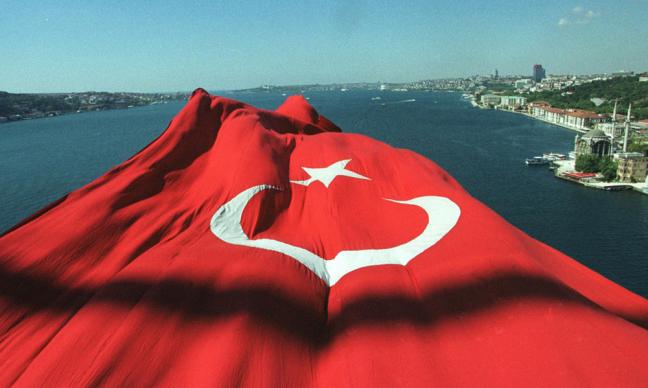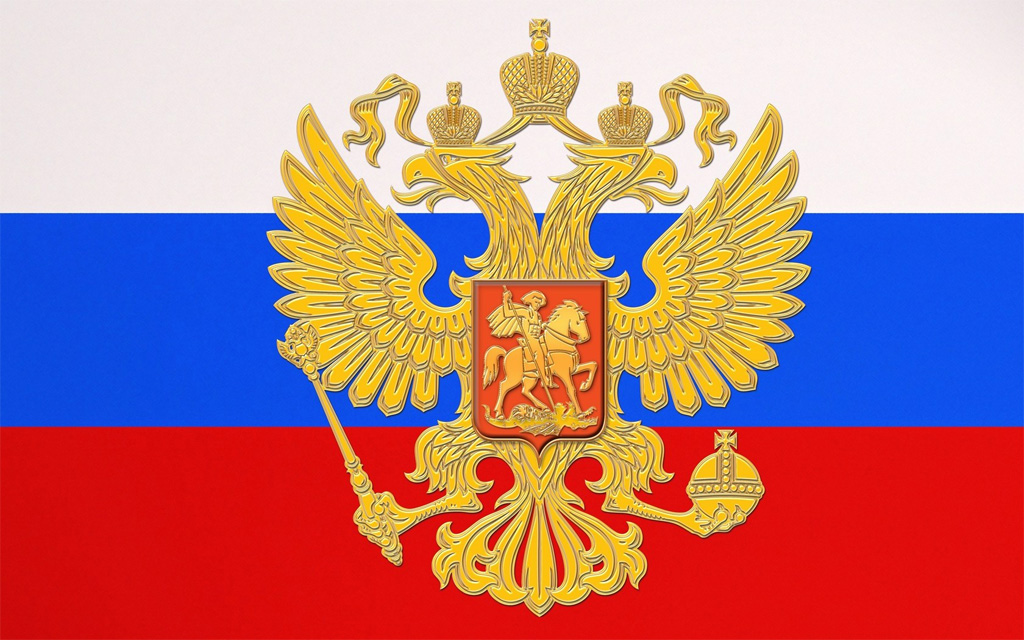Regional Transformations: The Balance of Power in the Middle East Shifts Towards Türkiye

Prepared by the researche : Omar Shawar, PhD Student in International Relations
– Democratic Arabic Center
The Middle East region has recently witnessed fundamental developments that have reshaped the balance of power, as regional international powers are facing a complex swing within the framework of the system of regional hegemony and influence. The fall of Bashar al-Assad’s regime was one of the most important factors that decisively influenced the shift of the balance of power in the Middle East to one power at the expense of others. Syria is a strategic axis in the regional and international balance of power due to its important strategic location, which is considered the basis for equalizing the balance of power at all levels, the most important of which is security. Henry Kissinger believes that Syria represents a pillar for achieving regional balance, and that its absence creates a dangerous voidin the Middle East, while Zbigniew Brzezinski considered Syria to be one of the areas of the “great chessboard”, as its strategic gain decisively reflects on the balance of regional and global powers in the Middle East. As for Patrick Seale, in his book “the conflict over Syria”, he stressed that it has always been a center of competition between international powers, and that its fate determines the shape of the regional and international system. Today, with the fall of the Bashar al-Assad regime, the actual change begins, as it will lead to a reshaping of the balance of power in the Middle East, and the emergence of new forces that will redraw the contours of influence and alliances in the region. Is the balance of power in the Middle East shifting in favor of Türkiye at the strategic level? How can this shift in balance lead to a security dilemma that affects other regional and international powers, such as Iran and Israel.
Analyzing the balance of power in the Middle East cannot be limited to quantitative indicators or traditional comparative reports, but rather requires a deep understanding of the strategic structure of competition and conflict. This context demonstrates the importance of analyzing dynamic elements such as grand strategies, regional roles, and hard and soft power determinants. From this standpoint, reaching an accurate understanding of the balance of power requires a careful study of the geopolitical dimensions and geostrategic interactions that constitute the main driver of the policies of the active powers in the region. This article assumes that, given the geostrategic dimensions, the balance of power has tilted in favor of Türkiye at the expense of all other regional powers. It also assumes that this shift may create a security dilemma that will lead regional powers into a major competition.
Strategic decline of Iranian influence:
From a strategic and geopolitical perspective, it is possible to observe the decline of Iranian influence in the Middle East region, especially after the fall of the Bashar al-Assad regime and the collapse of the strategic alliances that Tehran was counting on to strengthen its presence in Syria, which is one of the most prominent strategic regions for Iran. Tehran has also lost a significant part of its power in Lebanon, where its strategic ally Hezbollah received significant blows to its military and political capabilities after the war with Israel. This decline not only in hard power, but also in soft power, as Iran has lost a significant part of its regional influence, especially at the grassroots level and in terms of supporting resistance movements against the Israeli occupation.
Strategic decline of Israeli influence
On the other hand, Israel has suffered significant losses at the military, economic, social, demographic and security levels. After its inability to achieve a decisive victory in the ongoing war, both on the Lebanese and Palestinian fronts, and its involvement in practices internationally recognised as genocide against the Palestinian people, its strategic position has become threatened. These developments have also weakened its international image and negatively affected the legitimacy of its policies, contributing to the erosion of its soft and regional power. Israel is also facing an unprecedented look of hatred in its history, as most of the world’s countries condemn the massacres it is committing in Gaza, along with widespread criticism for its attempts to intervene in neighbouring Arab countries such as Syria and Lebanon. This situation has led the region countriesto increase their fears and distrust towards Israel, which engages the Middle East countries in a state of fear and anxiety, and makes the need to strengthen their security forces ever more urgent. Thus, a security dilemma arises in the region, as countries find themselves confronted with the need to increase their strength to face potential threats, leading to an arms race and increasing regional tensions.
A strategic gain for Türkiye:
Türkiye has emerged as the biggest strategic beneficiary in the new geopolitical landscape, as the fall of the Assad regime and the emergence of a new Syrian government with favorable orientations for Ankara have strengthened its influence and consolidated its strategic position in Syria. This qualitative transformation not only reshaped the balance of power, but also enabled Türkiye to play a pivotal role as a key acting factor in determining the future of the region. Thus, this will put Ankara in the first leading position within the regional equation, taking advantage of the overlap of its national interests with the political and geostrategic transformations that have redrawn the Middle Eastern landscape.
Türkiye is achieving comprehensive strategic gains at various levels in the future Syrian file, due to the emergence of signs of trust between the two countries, its continuous support for the Syrian opposition and its stand against the former regime, in addition to its pivotal role as an incubator for the largest percentage of Syrian refugees. This reality has contributed to deepening the cultural, social, economic, and political overlap between the two countries, and has extended to include security aspects. For example, with the future return of Syrian refugees to their homeland, there will be at least 2 to 3 million Syrians using Turkish as a second language. This factor will inevitably strengthen the rapprochement between Türkiye and Syria at various levels, which will prepare the ground for deeper political, economic and cultural interaction in the near future, and redraw the nature of bilateral relations between the two countries in line with the interests of both parties.
Thus, it can be concluded that the balance of power in the Middle East from a strategic perspective is clearly tilted in favor of Türkiye, which has managed to use regional transformations to strengthen its position as a pivotal player. As for the level of quantitative indicators and data issued by institutions and official websites, Türkiye maintains its position at the forefront among the countries of the region in terms of economic and military strength, which strengthens its leading position. Thus, it can be said that the balance of power in the Middle East indicates the rise of Türkiye as a major actor, in light of the relative decline or stability in the roles of other regional powers within the regional and international equation.
This shift in the balance of power will lead to the creation of a complex security dilemma between regional powers. On the one hand, Israel will face increasing strategic anxiety in light of the possible birth of a new Syrian regime that may pose a future strategic threat, along with the increasing Turkish influence in the region, which increases its security concerns. On the other hand, Iran will find itself in a state of confusion and deep concern, especially after losing one of the most important strategic areas that strengthen its regional presence. This situation may prompt Iran to seriously consider acquiring a nuclear weapon to achieve an equal deterrent balance with Israel, in an attempt to counter potential threats and ensure the stability of the regional balance of power.




